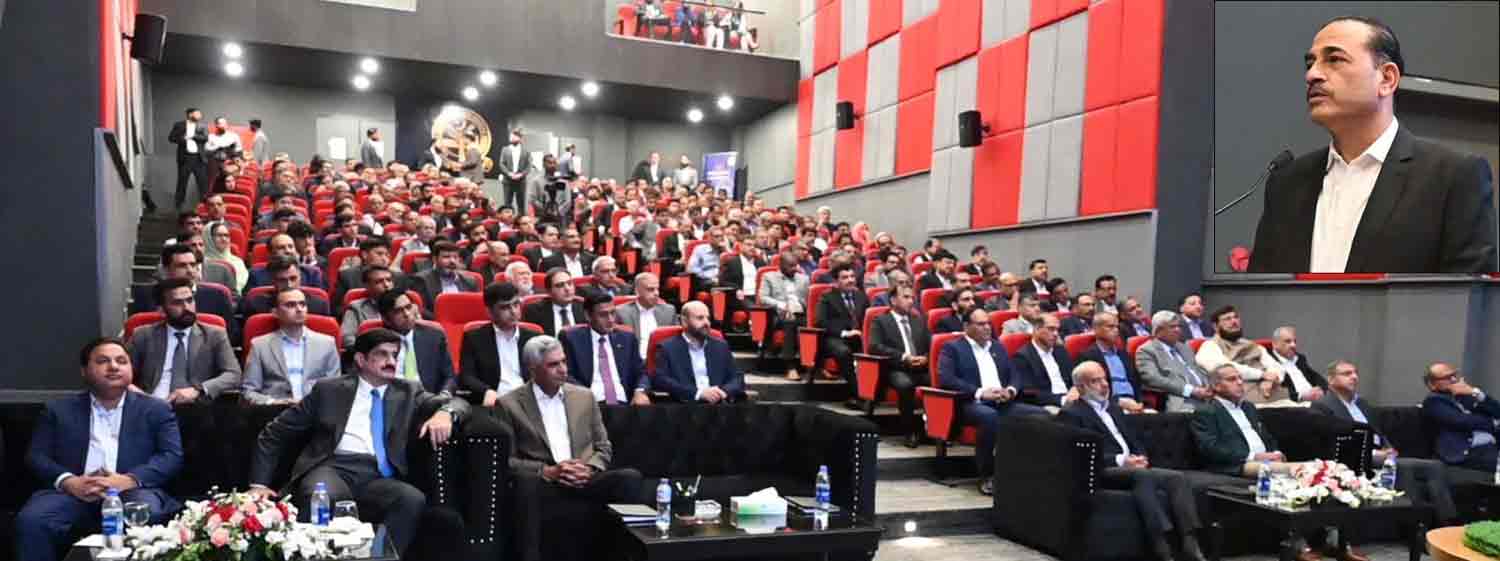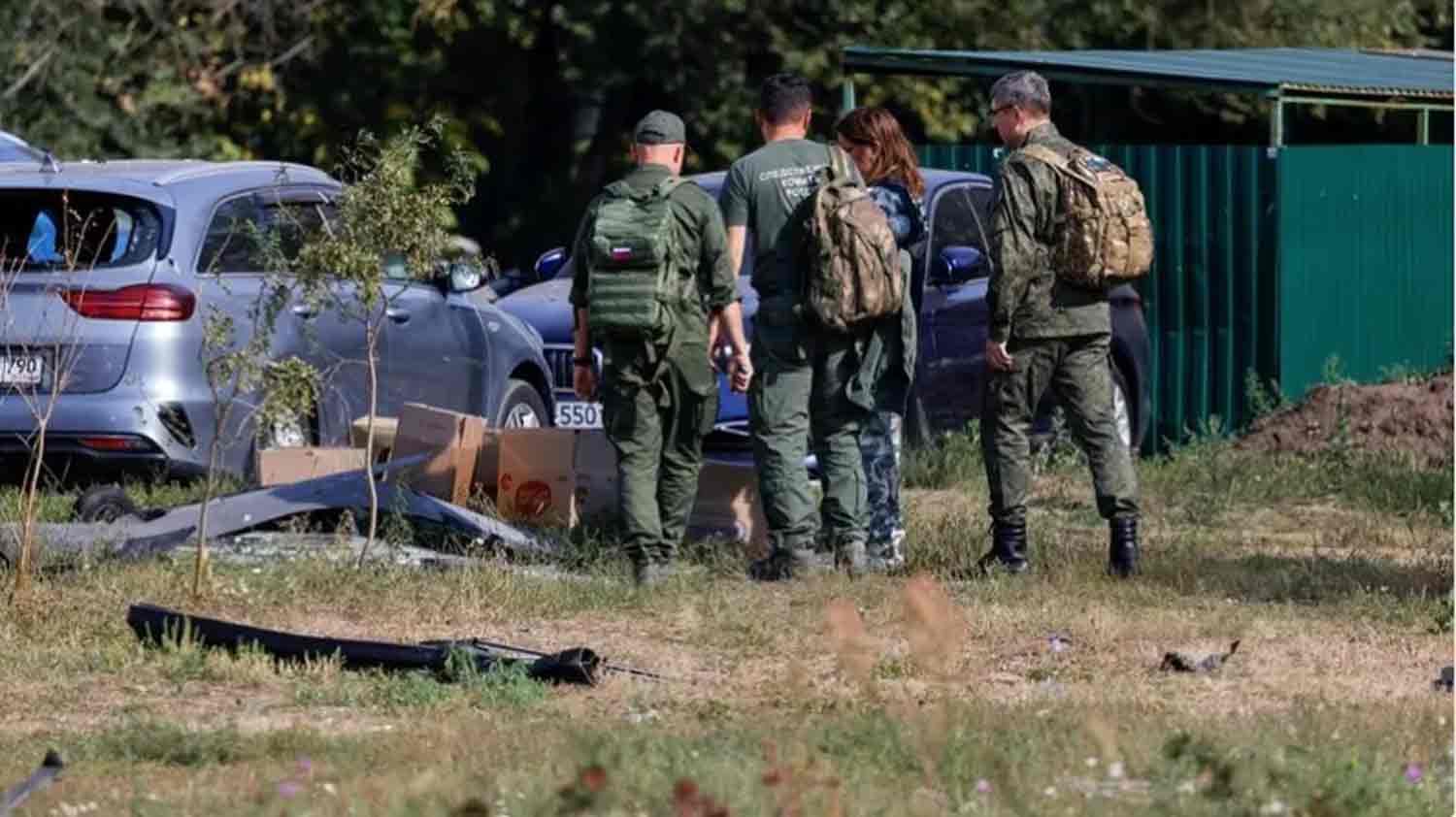A series of airstrikes targeted Beirut’s southern suburbs early Saturday as Israel intensified its offensive against Hezbollah, following a significant attack on the command center of the Iran-aligned group, which seemingly aimed at leader Hassan Nasrallah.
Witnesses reported hearing over 20 airstrikes before dawn. In response to the violence, thousands of Lebanese fled their homes in the southern suburbs, gathering in public squares, parks, and along the waterfront in downtown Beirut.
“They want to obliterate Dahiye; they want to annihilate all of us,” stated Sari, a man in his 30s who only provided his first name, as he described his escape from the suburb following an Israeli evacuation order. Nearby, those newly displaced in Martyrs Square spread out mats on the ground in an attempt to rest.
Israel’s military announced early Saturday that approximately 10 projectiles had been launched from Lebanon into Israeli territory, with “some” being intercepted. The military’s statement did not specify the nature of the projectiles, which were detected after sirens were activated in the Upper Galilee region.
Early on Saturday, an extraordinary five hours of uninterrupted strikes followed the previous day’s assault, marking the most intense attack by Israel on Beirut in nearly a year of conflict with Hezbollah. This development signifies a significant escalation in a situation characterized by daily exchanges of missiles and rockets between the two factions.
The recent intensification has heightened concerns that the conflict may spiral beyond control, potentially involving Iran, Hezbollah’s main supporter, as well as the United States.
There has been no immediate confirmation regarding the status of Nasrallah following the heavy bombardment on Friday, but a source affiliated with Hezbollah informed that he was unreachable. The Lebanese group has yet to release an official statement.
While Israel has not confirmed whether it aimed to target Nasrallah specifically, a senior Israeli official indicated that high-ranking Hezbollah leaders were in the crosshairs. “It’s premature to conclude… Sometimes they conceal our successes,” the official remarked to reporters when questioned about the possibility of Nasrallah’s death in the strike.
Earlier reports from a source close to Hezbollah suggested that Nasrallah was still alive, and Iran’s Tasnim news agency also stated he was safe. A senior Iranian security official mentioned that Tehran was verifying his condition.
The Israeli military announced that it had eliminated Muhammad Ali Ismail, the commander of Hezbollah’s missile unit, along with his deputy, Hossein Ahmed Ismail.
Israeli Prime Minister Benjamin Netanyahu addressed the United Nations just hours before the latest wave of attacks, asserting that Israel has the right to continue its military operations. He stated, “As long as Hezbollah opts for conflict, Israel is compelled to act, and it has every right to eliminate this threat to ensure the safety of our citizens.” Several delegations left the room as Netanyahu began his speech, and he subsequently shortened his visit to New York to return to Israel.
death toll rises
Lebanese health officials reported six fatalities and 91 injuries from the initial strike on Friday, marking the fourth attack on Hezbollah-controlled areas in Beirut within a week and the most severe since the 2006 conflict. The casualty figures are expected to increase significantly, with over 700 reported deaths from strikes in the past week.
Hezbollah’s al-Manar television station indicated that seven buildings were destroyed, while security sources in Lebanon noted that the strikes targeted a location typically associated with senior Hezbollah officials. Shortly thereafter, the Israeli military advised residents in certain southern Beirut neighborhoods to evacuate, citing the targeting of missile launchers and weapon storage facilities allegedly situated beneath civilian structures.
Hezbollah refuted claims that any weapons or ammunition depots were housed in the buildings that were struck, according to a statement from the group’s media office. Alaa al-Din Saeed, a resident of one of the identified neighborhoods, shared with Reuters that he was fleeing with his wife and three children. “We learned about it on television. There was a significant disturbance in the area,” he recounted. The family managed to gather some clothing, identification documents, and a small amount of cash but found themselves caught in traffic with others attempting to escape. “We’re heading to the mountains. We’ll figure out where to spend the night, and tomorrow we’ll see what we can do.”
This week, approximately 100,000 individuals in Lebanon have been displaced, bringing the total number of uprooted people in the country to over 200,000.
Hezbollah has launched hundreds of rockets and missiles targeting various locations in Israel, including Tel Aviv. The organization reported that on Friday, it targeted the northern Israeli city of Safed, where a woman sustained minor injuries. Israel’s air defense systems have managed to keep the damage to a minimum thus far.
Iran condemned the attack, stating it crossed “red lines,” and accused Israel of deploying U.S.-made “bunker-busting” bombs. U.S. Defense Secretary Lloyd Austin indicated that Washington was not notified of the strike in advance, while President Joe Biden was kept updated on the situation.
At the United Nations, during the annual General Assembly this week, the escalation raised concerns, notably from France, which, alongside the U.S., has suggested a 21-day ceasefire. French Ambassador Nicolas de Riviere emphasized the urgency of ending the conflict during a Security Council meeting.
In a press conference in New York, U.S. Secretary of State Antony Blinken stated, “We believe the way forward is through diplomacy, not conflict… We will continue to work intentionally with all parties to urge them to choose that course.”
Hezbollah initiated this latest phase of a long-standing conflict with a missile attack on Israel shortly after the Hamas assault on October 7 of last year.
Discover more from Defence Talks | Defense News Hub, Military Updates, Security Insights
Subscribe to get the latest posts sent to your email.





